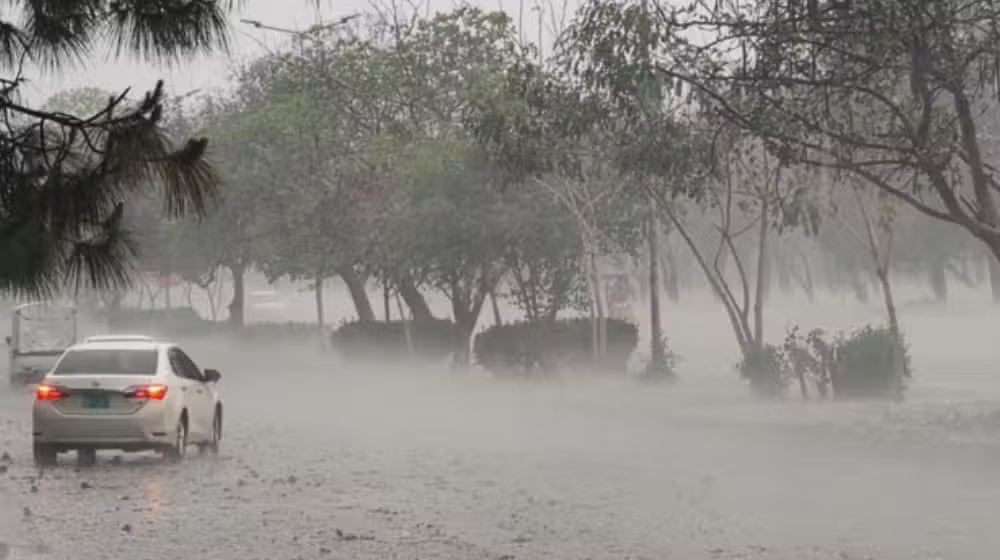Donkey Meat Recovered in Huge Quantity During Islamabad Crackdown

In a shocking development, a large quantity of donkey meat recovered in Islamabad has sent shock waves across the city and raised serious concerns about public health and food safety. Law enforcement agencies and food authorities carried out a surprise raid based on intelligence reports and uncovered what appears to be an organized network involved in the illegal slaughter and distribution of donkey meat.
The news that donkey meat recovered from local suppliers and hidden storage facilities is now under forensic and laboratory analysis has not only alarmed residents but also led to a nationwide outcry. Concerns have risen regarding how long this illegal activity has been ongoing and whether the public has unknowingly consumed donkey meat labeled as beef or mutton.
Huge Quantity of Donkey Meat Recovered in Islamabad
Officials from Islamabad’s Metropolitan Corporation (IMC) and Food Authority confirmed that over 800 kg of donkey meat was recovered from cold storage units and butcher shops during the raid in sectors G 9 and G 11. The operation was carried out in collaboration with local police and veterinary experts.
The donkey meat recovered was found to be pre packaged and ready for distribution to various meat sellers and eateries across the city. Authorities fear this may just be the tip of the iceberg, as more leads suggest a larger, organized meat supply chain stretching into other cities including Rawalpindi and Lahore.
Investigation Underway
As soon as the donkey meat recovered was sent for lab testing, the police began an in-depth investigation into the suppliers, transporters, and storage facility owners. Several suspects have already been taken into custody for interrogation, and FIRs have been registered against individuals believed to be at the center of the operation.
According to SP Saddar Circle, “This is not a standalone case. The amount of donkey meat recovered indicates long-term planning and illegal slaughtering practices. We are working with multiple departments to trace the origins and final destinations of this meat.”
Health Risks of Consuming Donkey Meat
Experts have voiced grave concerns over the health risks associated with consuming donkey meat. While donkey meat is consumed in some cultures under regulated conditions, illegally sourced meat carries the risk of transmitting dangerous diseases.
Veterinarian Dr. Asim Khan stated, “The donkey meat recovered is highly dangerous for human consumption, especially since it bypasses health checks. There’s a high risk of zoonotic diseases, food poisoning, and gastrointestinal infections.”
With the public in fear, food safety authorities are encouraging citizens to be extra cautious when purchasing meat and to demand verifiable sourcing.
Public Reaction to Donkey Meat Recovered
The revelation that donkey meat was recovered in such large amounts has gone viral on social media. Hashtags like #DonkeyMeatInIslamabad and #MeatScam are trending, with many people expressing disgust, frustration, and mistrust toward local meat suppliers.
“I can’t believe I might have eaten donkey meat without knowing,” said a local resident from G 9. “This is horrifying. Where are the food inspectors and quality control departments?”
The public is now demanding stricter oversight and regular inspections of butcher shops, meat processing units, and restaurants. With the donkey meat recovered, calls for stricter food safety laws have intensified.
Legal Action and Government Response
The federal government has taken swift action in response to the donkey meat recovered scandal. A high level committee has been formed under the Ministry of National Health Services to investigate the extent of the illegal meat trade.
Prime Minister’s spokesperson stated, “The matter is being taken very seriously. We will not allow the public’s health to be compromised. Those responsible for this heinous act will face the full force of the law.”
In addition, authorities have initiated surprise inspections in various parts of Islamabad and neighboring cities to root out similar illegal practices.
Previous Incidents Involving Donkey Meat
This is not the first time donkey meat recovered has made headlines in Pakistan. Over the past decade, several cases have emerged in Punjab and Sindh where donkey meat was mixed with beef and sold in local markets.
In 2015, Lahore police raided a warehouse and seized over 1,000 kg of donkey meat that was allegedly being supplied to local restaurants. That case led to a temporary crackdown, but no long term reform was introduced.
The recent donkey meat recovered from Islamabad highlights how such activities continue to flourish due to lack of consistent enforcement and corruption within regulatory bodies.
Food Authorities Urged to Implement Strict Measures
Food safety experts and civil society groups are now urging food authorities to adopt the following measures:
- Mandatory registration and licensing of all meat suppliers
- Real-time monitoring and digital tracking of meat supply chains
- Regular training for meat inspectors and surprise inspections
- Hefty fines and imprisonment for offenders
The donkey meat recovered incident serves as a wake-up call for regulators who have been accused of turning a blind eye to violations due to bribery or understaffing.
Tips for Consumers to Avoid Illegal Meat
In light of the donkey meat recovered case, here are a few safety tips for consumers:
- Buy from Reputed Sellers: Always purchase meat from licensed butchers or supermarkets.
- Ask for Certification: Request proof of meat origin or supplier certification.
- Check the Meat’s Appearance and Smell: Donkey meat has a darker appearance and a stronger odor than beef or mutton.
- Report Suspicious Sellers: If you suspect adulterated or illegal meat, report it to your local food authority immediately.
Future of Food Safety in Pakistan
With the donkey meat recovered in such alarming quantity, food safety standards in Pakistan are now under the microscope. Experts hope this case will be a turning point that prompts lawmakers to pass stricter food safety regulations and ensure their effective implementation.
Consumers deserve transparency, hygiene, and honesty when it comes to something as essential as food. The authorities now face the challenge of restoring public trust in the meat industry.
Conclusion
The incident where donkey meat recovered in Islamabad shocked the nation is more than just a food safety issue, it’s a matter of public trust, health, and law enforcement. The case is unfolding, and with growing pressure from the public and media, it is likely that more arrests and revelations will surface.
Authorities must now take decisive and lasting action, not just to punish the culprits but to rebuild a regulatory framework that ensures food sold in markets and restaurants is safe, legal, and healthy.



